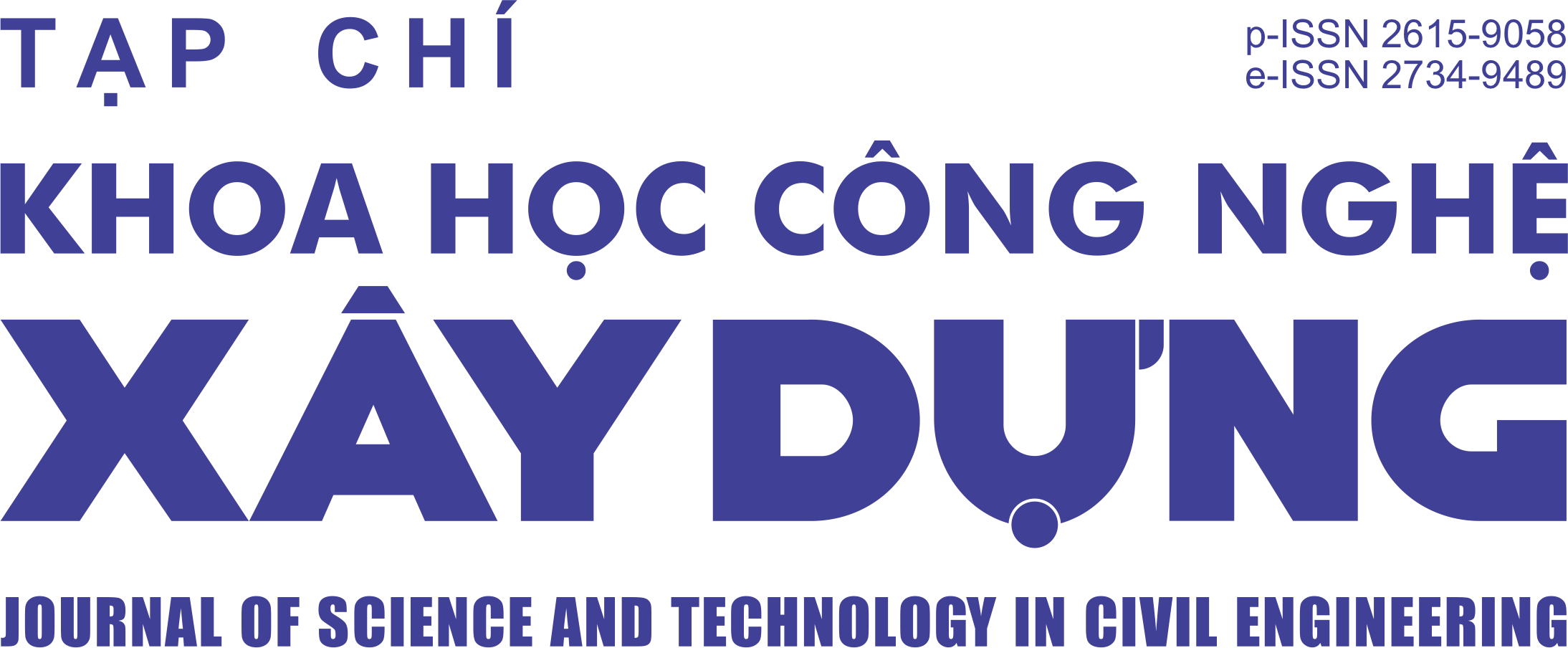Reuse of agrowastes for dewatering enhancement of sewer sediments for brick production
Abstract
With the increasing wastewater generation from domestic and industrial activities due to the rapid economic development, the generation of sludge, in particular dredged sludge from municipal sewer system, has been an issue in developing countries. This study evaluated the enhancement of sewer’s sludge dewatering via mixing
the sludgewith different agro-wastes, including corn core powder, rice husk powder, bagasse powder and peanut shell powder. The addition of these agro-waste powders helped decrease the sludge’s moisture contents up to 17% while increase the organic matters nearly to 40% after mixing with the ratio of agro-wastes and sludge of 1:3. Statistical analysis revealed the impacts of both additive types and mixing ratio on moisture content reduction. Among the four types of agro-waste, rice husk was shown to be the best additive to dredged sludges with highest reduction of heavy metal concentration and moisture content. The addition of agro-waste powders to enhance the dewatering of sludges is promising in the context of promoting waste reuse and energy saving.
Downloads
Copyright (c) 2023 Hanoi University of Civil Engineering

This work is licensed under a Creative Commons Attribution-NonCommercial-NoDerivatives 4.0 International License.
1. The Author assigns all copyright in and to the article (the Work) to the Journal of Science and Technology in Civil Engineering (JSTCE) – Hanoi University of Civil Engineering (HUCE), including the right to publish, republish, transmit, sell and distribute the Work in whole or in part in electronic and print editions of the Journal, in all media of expression now known or later developed.
2. By this assignment of copyright to the JSTCE, reproduction, posting, transmission, distribution or other use of the Work in whole or in part in any medium by the Author requires a full citation to the Journal, suitable in form and content as follows: title of article, authors’ names, journal title, volume, issue, year, copyright owner as specified in the Journal, DOI number. Links to the final article published on the website of the Journal are encouraged.
3. The Author and the company/employer agree that any and all copies of the final published version of the Work or any part thereof distributed or posted by them in print or electronic format as permitted herein will include the notice of copyright as stipulated in the Journal and a full citation to the Journal as published on the website.







